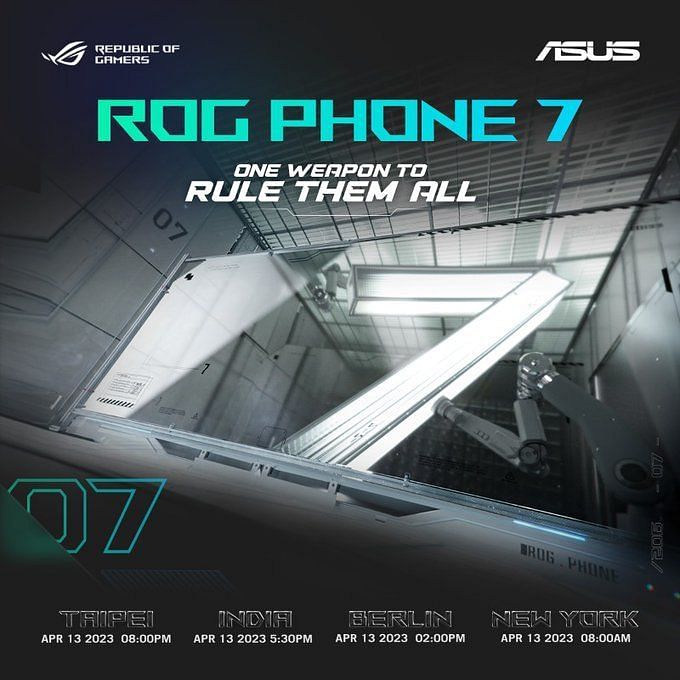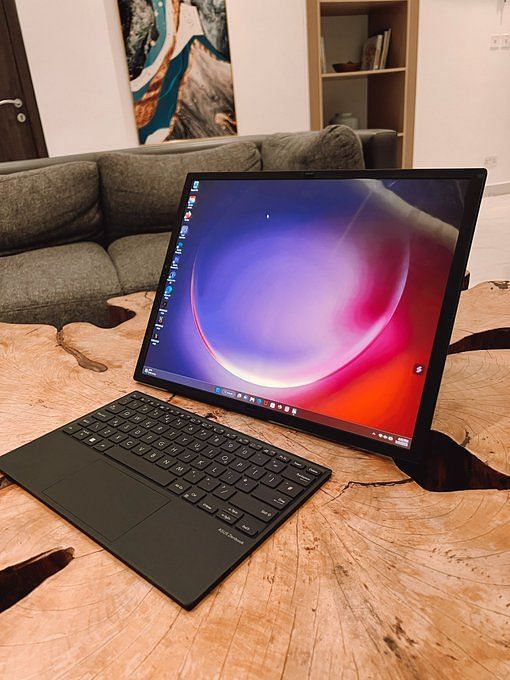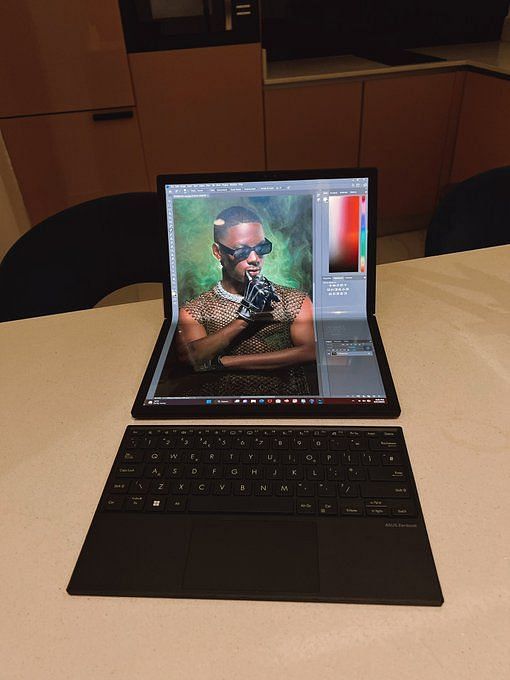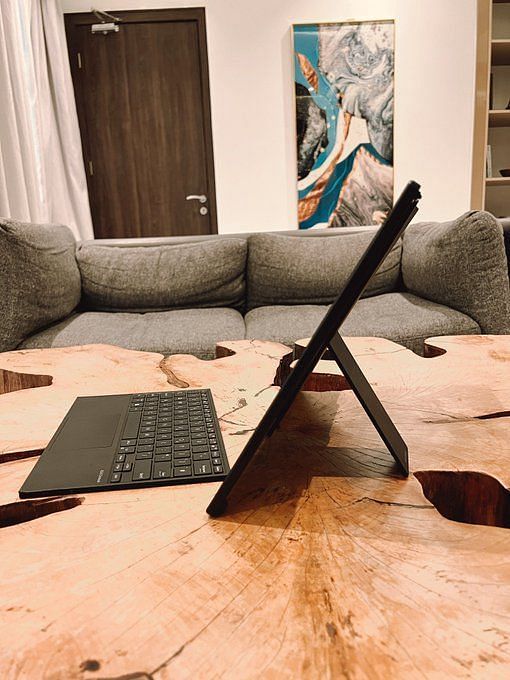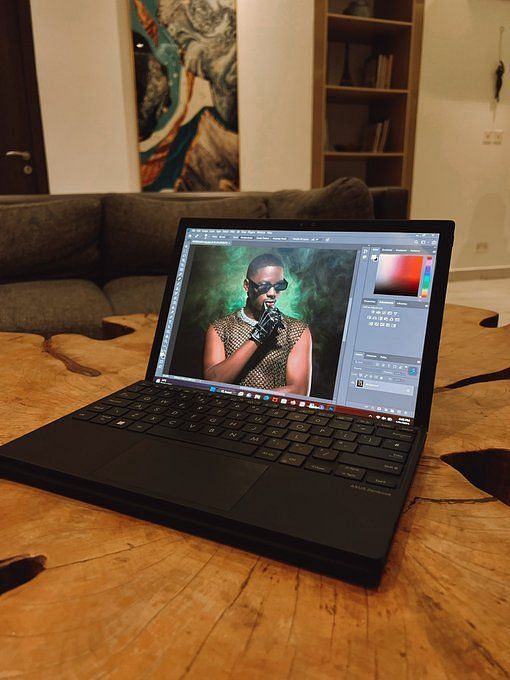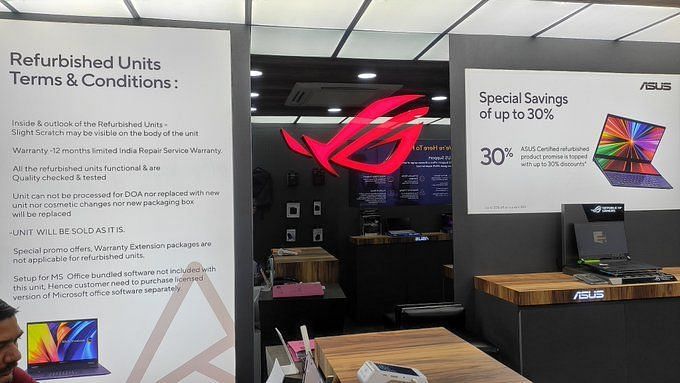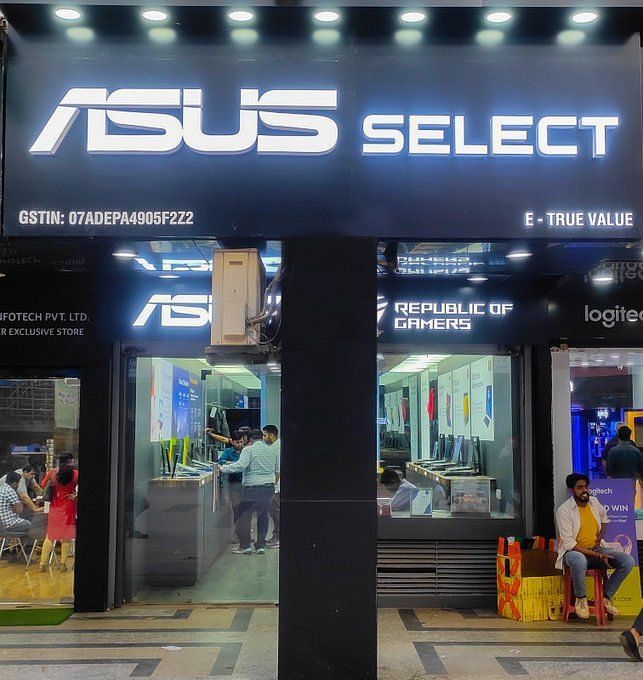
ASUS India aims to dominate gaming laptop market with targeted 40% market share: Business Head Arnold Su
Asus is one of the most renowned names in the world of computer hardware and electronics. With over three decades of experience, the tech giant has been providing innovative products and services to meet diverse customer needs. The company is known for its cutting-edge technology and a team of experts who have helped establish it as a prominent player in the industry.
The brand has built a strong reputation for its exceptional range of consumer and gaming PCs, laptops, motherboards, and graphics cards, among other products.
The company's vision is to inspire innovation everywhere and pursue the ultimate life-enhancing experience for everyone. Sportskeeda' Business of Sports recently had the opportunity to chat with Mr. Arnold Su - Business Head, Consumer & Gaming PC, Systems Business Group, and Mr. Sam Huang - Country Product Manager (India) - PC, ASUS India about their journey, focus on innovation, the importance of technology, and plans for the future.
We also learned how Asus India is making waves in the Indian gaming ecosystem and discussed the company's legacy in the industry, efforts to maintain success, and sales plans for 2023.
ASUS India executives discuss the future of consumer and gaming PC market
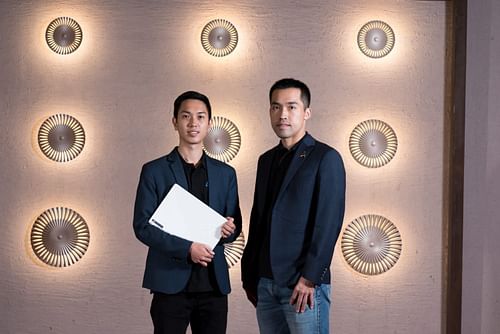
Q: Can you provide an overview of Asus' legacy in the gaming ecosystem and explain the company's efforts in making it elevate Indian esports as a whole?
Arnold Su: Asus started its core business in motherboards 30 years ago and later ventured into producing gaming motherboards. In 2006, we launched the world's first gaming laptop and have been developing better models ever since. In 2016, the gaming laptop market in India was only 40,000 units, but by 2022 it had increased to almost 900,000.
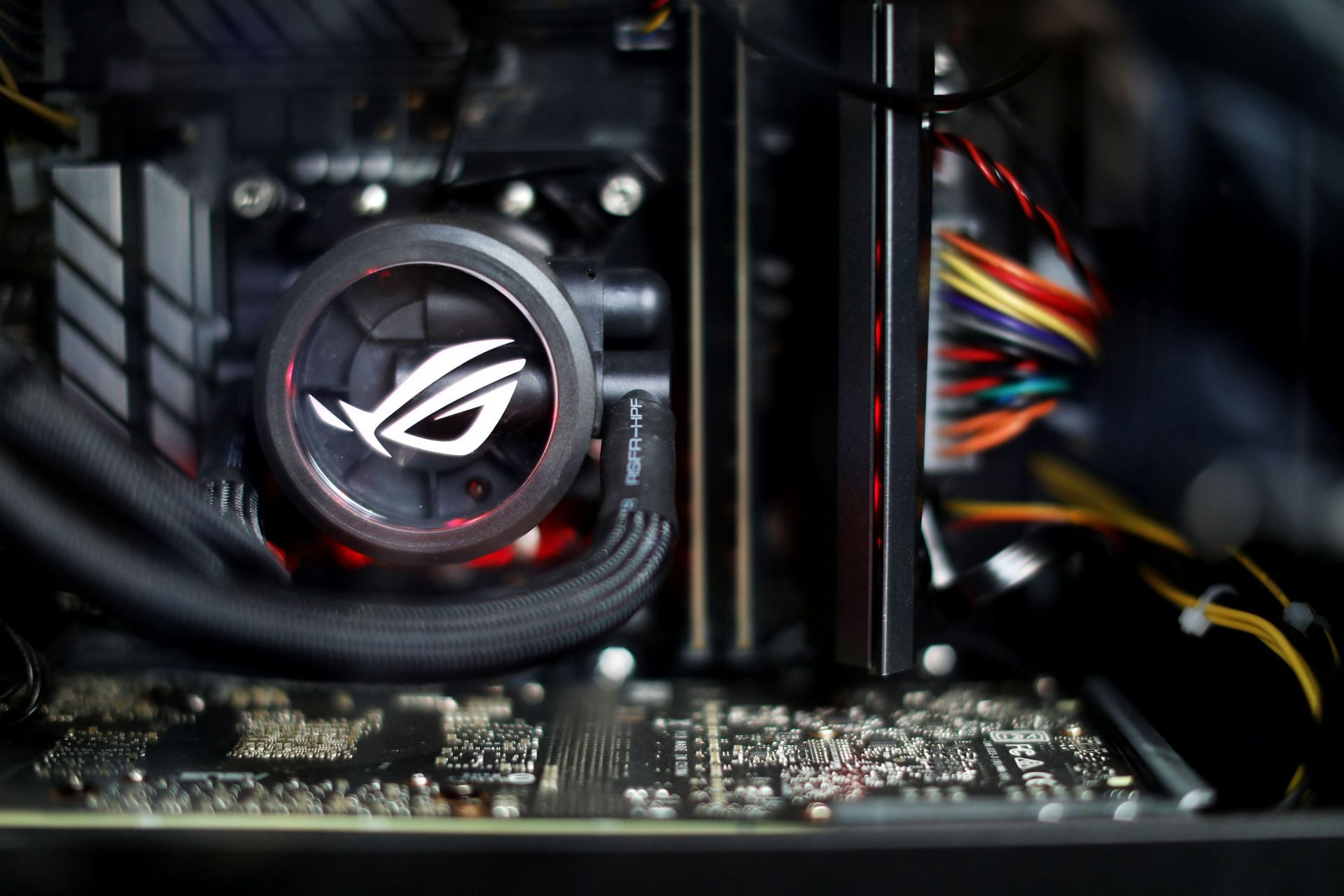
The company has been contributing to the Indian gaming ecosystem by providing gaming tournaments and establishing the Asus ROG Academy to train aspiring gamers. Our efforts have been to create an ecosystem in India for gamers and to provide them with the latest technology.
Q: What are the unique features and key updates in the new Scar and Zephyrus series that differentiate them from the old products and competitors in the market?
Sam Huang: One of the key updates is the CPU and GPU, which provide improved performance for gaming. Another important feature is the new Nebula HDR mini OLED panel that is available as an option for the 16-inch Scar. This panel has a 240 Hz refresh rate, is color calibrated, and enhances the dual-purpose nature of the laptop.
Scar and Zephyrus also have performance-oriented models with upgraded cooling systems of up to 64 GB of RAM and up to 4 GB of storage. Additionally, they both have videos such as Optimus and G-Sync displays, providing a high-quality gaming experience. All of these technological advancements give the Scar and Zephyrus series an edge over competitors in the market.
Q: What are the primary factors that Indian audiences consider while making a purchasing decision for laptops, and how does Asus meet those requirements?
Arnold Su: Based on our understanding, Indian audiences consider factors like battery life and power consumption for gaming laptops. In response to this, we have introduced a 90-watt-hour battery and a new display with a higher refresh rate in our gaming laptops. We also offer two-in-one gaming machines that can be used for day-to-day activities.
We have segmented our products based on different user requirements, Flow, and Strix series. This allows customers to choose the most suitable laptop based on their needs. Our products cater to different types of users, such as hardcore gamers who may prefer the Strix series and those looking for thin and light solutions who may choose the Zenbook series.
Q: What is Asus' business plan and strategy for sales in India in 2023?
Arnold Su: Our current gaming laptop market share in India is between 30 to 35%, and our aim is to reach a 40% market share. To achieve this, we are looking at product segmentation based on graphics cards. The entry-level gaming laptop with a 1650 graphics card accounts for 55% of the Indian market, while the remaining 40% is with the RTX segment priced above 60k Indian rupees.
Asus is strong in premium and high-powered gaming machines, but weak in the entry-level segment. Our business plan is to introduce more innovative machines and further segmentation to provide different solutions for different customers.
Q: What are some challenges that Asus faces in the Indian market, and how do you plan to overcome them?
Arnold Su: One of the biggest challenges we face is the high level of competition in the gaming laptop market. Several players, both local and international, are competing for the same market share. However, we believe that our focus on innovation and product differentiation sets us apart from the competition.
Another challenge is the price sensitivity of the Indian market. Many consumers are looking for value for money and are not willing to spend a lot on gaming laptops. To address this, we are introducing more affordable gaming laptops with strong specifications that provide value for money.
Q: Can you tell us more about the RPG Academy and RPG Showdown Series campaigns in India's esports industry?
Arnold Su: The RPG Academy and RPG Showdown Series have been successful in attracting customers and users who dream of becoming professional gamers. The Academy has completed several seasons, with over 40 people completing its training. To join it, participants have to pass a competition with 2,000 people, with only six selected.
These campaigns help create an environment that helps players understand what it takes to become a professional gamer.
Sam Huang: We hope that more gaming brands will run such programs to build up the ecosystem and help more gamers access the industry. It's important to create opportunities for amateur players to improve their skills and understand what it takes to become a professional.
Q: What steps is Asus taking for having a sustainable future and promoting sustainable practices?
Arnold Su: Asus is committed to promoting sustainable practices in its products and operations. The company has already implemented various standards such as EPS (80 Plus) and ENERGY STAR in its products to reduce energy consumption and greenhouse gas emissions.
Asus is also working towards achieving EPEAT (Electronic Product Environmental Assessment Tool) certification for its products, which evaluates the environmental impact of electronics based on criteria such as material selection, design for end-of-life, and energy conservation.
Sam Huang: In addition to the standards, Asus is also focused on using eco-friendly materials in its products. Some of the company's products are certified by the EU's Restriction of Hazardous Substances (RoHS) directive, which limits the use of certain hazardous substances in electronics.
Asus also ensures that the materials used in its products meet other eco-friendly standards. The company is also committed to the responsible disposal of its products. It has set up e-waste management centers in different parts of the world to properly dispose of electronic waste. The company plans to open its first store for refurbished machines, which will provide a platform for customers to buy refurbished products in an official and environmentally responsible way.
Overall, Asus is taking a holistic approach towards sustainability, from using eco-friendly materials in its products to ensuring responsible disposal of e-waste. The company's goal is to continue to promote sustainable practices and raise global awareness about environmental issues.
Our conversation with Mr. Arnold Su and Mr. Sam Huang from Asus India has given us a glimpse into the company's impressive legacy, its focus on innovation and cutting-edge technology, and its plans for the future. Further, we also have an idea at its commitment to providing the best-in-class products and services.
The brand is well-positioned to continue leading the way in the computer hardware and electronics industry, especially in the gaming and esports ecosystem. We look forward to seeing what the company has in store for the future and how it will continue to shape the industry with its innovative offerings.
